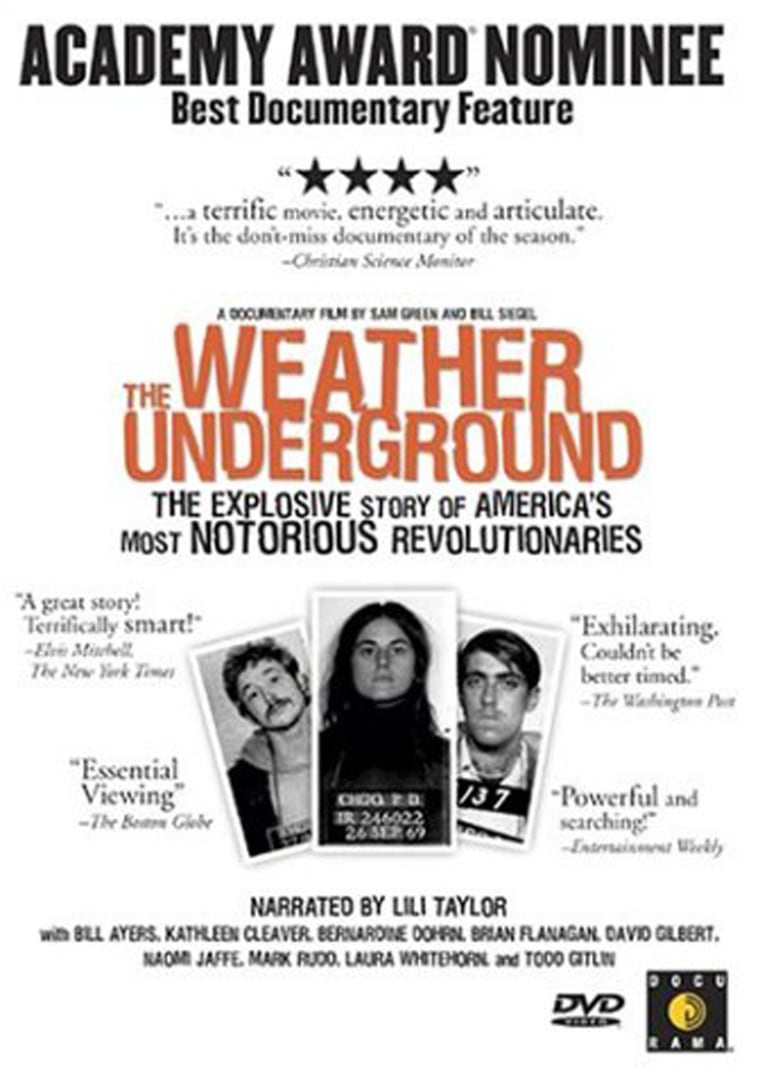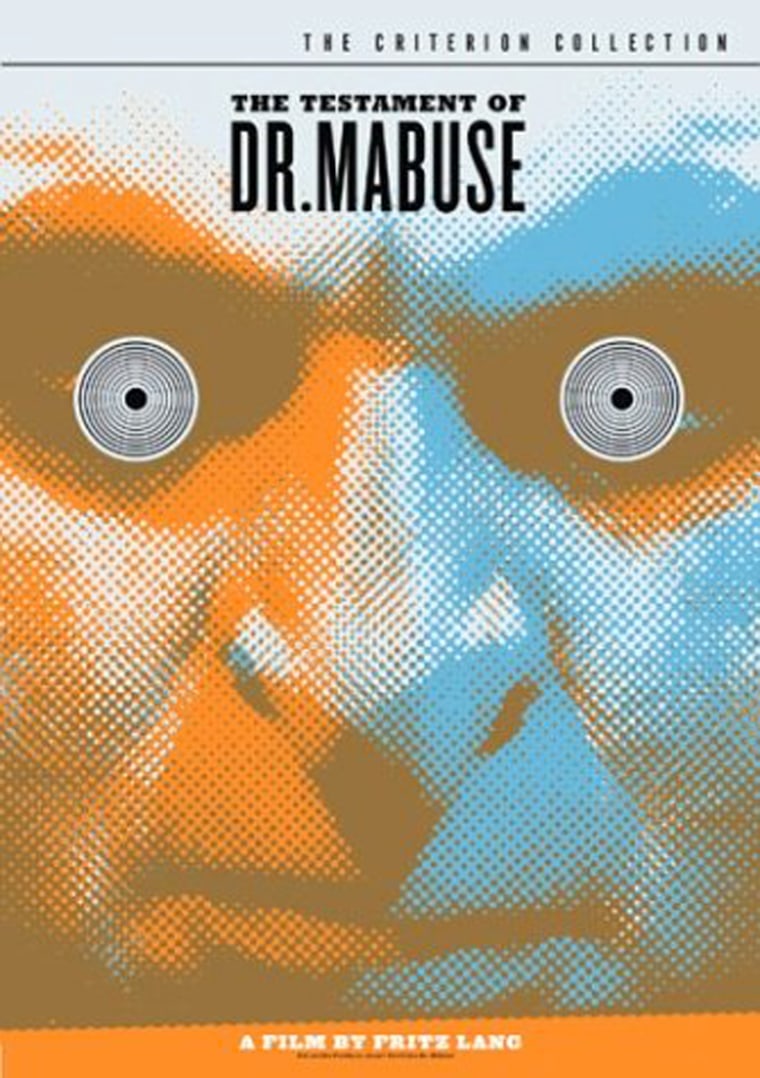“In America”While “Lord of the Rings: The Return of the King” was hoarding Oscars, while pictures like “Lost in Translation” and “Monster” were being trumpeted because of breakout work by Sofia Coppola and Charlize Theron, respectively, and while “Cold Mountain” tried and failed to market its way into the hearts of Academy members, a quiet little treasure of a movie came and went without nearly the fanfare it deserved.
“In America,” directed by Jim Sheridan (“My Left Foot”), is a deeply personal story about an Irish family that moves to New York’s Hell’s Kitchen and struggles not only to make ends meet but also to come to grips with issues from the past that threaten to tear them apart. It is a loving and moving portrayal of good people who stick together, have faith in each other, have hope for the future, and who withstand life’s potholes with dignity and strength.
Much of the story is based on actual events in Sheridan’s life. It came about one day in Los Angeles when Sheridan — already an established filmmaker — ran into an old neighbor from the rough and tumble days in the Big Apple. After some reminiscing, Sheridan came away inspired to put all those memories down on paper. He recruited the aid of his daughters, Naomi and Kirsten, and the three collaborated on the screenplay, which earned an Academy Award nomination.
“In America” also saw two of its actors, Samantha Morton and Djimon Hounsou, nominated for Oscars. But two little girls, real-life sisters Sarah and Emma Bolger, steal the movie. They’re genuine and brilliant, especially the younger Emma, who made her acting debut in this.
The DVD is not packed with goodies, but then again, a thoughtful and intelligent work like this shouldn’t be garishly burdened by too many blooper reels and endless cast interviews that so often weigh down otherwise enjoyable DVD packages. This one contains a commentary by Sheridan, nine deleted scenes, also with Sheridan’s narration, and an alternate ending.
With so much trash that seems to come out of Hollywood from pitch meetings, comic books and old TV shows, “In America” will renew your faith in movies and make you believe that there are still a few filmmakers out there who are passionate about their craft and who operate from the realm of human experience.
Check out this special feature: In another other context, the “making of” featurette on this DVD would be standard fare. But because of the warmth and joy of this movie, getting a behind-the-scenes look serves to extend a pleasant experience. And the kids steal the show in this min-doc, too.
Fox Home Entertainment, $27.98
“The Weather Underground”

In the ’60s and ’70s, a group called Students for a Democratic Society (SDS) made an impact in the United States first with its fight for civil rights and eventually with its organized demonstrations against the Vietnam War. They were targeted as radicals by the Nixon Administration and the FBI, but the establishment had no idea what true radicals were until the Weathermen came along.
The Weathermen were a splinter group of SDS who took their name from the Bob Dylan line, “You don’t need a weatherman to know which way the wind blows.” Their publicly stated aim was the violent overthrow of the U.S. government, and they eventually tried to back up that mission statement with a series of bombings of corporate and government buildings. Once their actions ran afoul of the law, they were forced to take their operations underground. The Weathermen not only found themselves on the FBI’s Most Wanted List, but they were also disowned by SDS and most of its followers.
“The Weather Underground,” an Academy Award-nominated documentary co-directed by Bill Siegel and Sam Green, is a compelling look at a turbulent time in our history. With so much emphasis put on terrorism from foreign elements these days, it’s fascinating to revisit a time when domestic terrorism was the highest priority for law enforcement officials.
Siegel and Green interview several former Weathermen in the present day, including ringleader Bernardine Dohrn and second-in-command Mark Rudd, and also use archival footage of campus demonstrations, press conferences and TV newscasts of bombing aftermaths to create a portrait of an attempted revolution.
What is most striking is the filmmakers’ perspective. They don’t attempt to romanticize the Weathermen’s exploits, but rather to illustrate how idealism at its most virulent can go awry through anger and misguided leadership. Also noteworthy is that because of investigative hanky panky by the FBI, almost all of the Weathermen went free.
The DVD includes commentary from Dohrn and fellow Weatherman Bill Ayers; a commentary by the filmmakers themselves; an intriguing excerpt from a 1976 documentary called “Underground” by Emile de Antonio and shot by famed cinematographer Haskell Wexler, and audio exchanges from the Weathermen during the ’70s.
With the country currently polarized, this film is an eerie reminder of the excesses that can occur when opposite sides take truth, justice and the American way to their own extremes.
Check out this special feature: One Weatherman, David Gilbert, did not get off scot free. He continued working on the radical extreme and in the early ’80s was involved in a bank holdup with the Black Liberation Army in which three people were killed. He is currently serving a sentence of 75 years to life. “A Lifetime of Struggle” is an extended interview with Gilbert in prison, in which he explains how he got involved in radicalism and why he feels the cause was worth it, even if the methods were unsound and often abhorrent. He still clings to his beliefs and explains why in a thoughtful and intelligent manner that is alternately depressing and inspiring.
Docurama, $24.95
“The Testament of Dr. Mabuse”

The Nazis weren’t known for encouraging dissent or embracing free speech, which is why it is no surprise that Fritz Lang’s “The Testament of Dr. Mabuse” was banned in Germany when it was released in 1933. Adolph Hitler and his henchmen actually liked Lang in the beginning and tried to recruit him to make pro-Nazi propaganda. Alas, once “Dr. Mabuse” was yanked from circulation, Lang caught the next train out of the country.
Dr. Mabuse was the subject of a two-part silent film Lang made in the ’20s, but that doctor was a different character, a nefarious one to be sure, but more a gambler and a money-obsessed scoundrel. In the sequel, “The Testament of Dr. Mabuse,” this diabolical quack is a criminal mastermind locked up in an insane asylum. He spends his time writing pages and pages of hateful rants. Meanwhile, on the outside, his followers carry out his sinister plan to establish an empire of crime.
Of course, it was the parallels to Hitler that irritated the Nazis. But the film is significant also in that it came early in the era of talkies, and it illustrates Lang’s understand of the impact sound could have in telling a story beyond just dialogue. The opening scene, set in the bowels of a factory and done to a loud pounding that probably is supposed to be a printing press (although you never really find out), sets a surreal tone of fear and dread that Lang sustains throughout the picture.
As usual, the folks at Criterion Collection went all out on this two-disk DVD package. Disk one has a restored high-def digital transfer in the film’s original aspect ratio, plus an audio commentary by author and historian David Kalat. Disk two has a French version of the film that was shot simultaneously with French actors, and also another feature that examines the German, French and American dubbed versions side by side. There is also a rather dry but somewhat informative interview with Michael Farin, an expert on writer Norbert Jacques, who wrote the novels that created the Mabuse character.
This is a keeper for Lang fans who long ago wore out their copies of “Metropolis” and “M.”
Check out this special feature: Included is a great interview with Lang from 1964 in which he touches on many areas of his life and career. Of particular interest is the story he tells of being called to the office of Joseph Goebbels, Hitler’s minister of propaganda, and being told that “The Testament of Dr. Mabuse” would never see the light of day in Germany. Fearing that he himself might never see the light of day after this meeting, Lang headed straight for the train station afterward.
Criterion Collection, $39.95